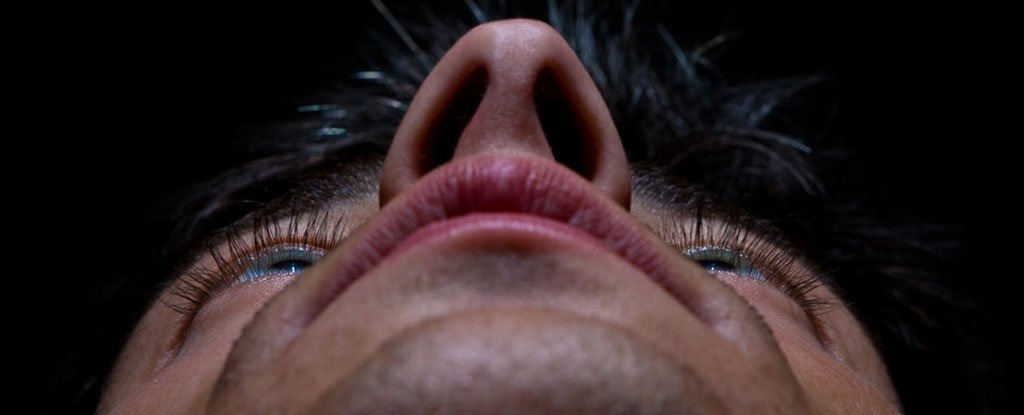(It is known that having COVID-19 can affect your sense of smell, but in some cases, this olfactory function does not return properly. Now new research explains why.
That SARS-CoV-2 The infection leads to an ongoing attack by the immune system on the nerve cells in the nose, the new study says, and then the number of those nerve cells decreases, preventing people from sniffing and smelling as usual.
In addition to answering a question that baffled experts, the research could also help us understand long COVID and why some people may not fully recover from COVID-19.
“Fortunately, many people who have an altered sense of smell during the acute phase of a viral infection will regain their sense of smell within the next week or two, but others will not.” says neurobiologist Bradley Goldstein from Duke University in North Carolina.
“We need to better understand why this subset of people will have persistent loss of smell for months to years after infection with SARS-CoV-2.”
The team examined samples of nasal tissue – olfactory epithelium – from 24 people, including nine who experienced long-term loss of smell after COVID-19. This tissue contains the neurons responsible for detecting smells.
After a detailed analysis, the researchers observed the widespread presence of T cells, a type of white blood cell that help the body fight off infection. These T cells fueled an inflammatory response in the nose.
However, as with many other biological reactionsT cells appear to do more harm than good and damage olfactory epithelial tissue. Even in tissues in which SARS-CoV-2 was not detected, the inflammatory process was still recognizable.
“The results are amazing” says Goldstein. “It’s almost like some kind of autoimmune process in the nose.”
While the number of olfactory sensory neurons was lower in the study participants who lost their sense of smell, the researchers report that some neurons appear to be able to repair themselves after T-cell bombardment — an encouraging sign .
The researchers suspect that similar inflammatory biological mechanisms may be behind the other symptoms of a long COVID, including excessive fatigue, shortness of breath, and a “brain fog” that makes it difficult to concentrate.
Next, the team wants to take a closer look at which tissue areas are damaged and which cell types are involved. This, in turn, will point the way to developing potential treatments for those suffering from long-term odor loss.
“We hope that modulating the abnormal immune response or repair processes in the nose of these patients could help restore at least some of the sense of smell,” says Goldstein.
The research was published in Science Translational Medicine.





